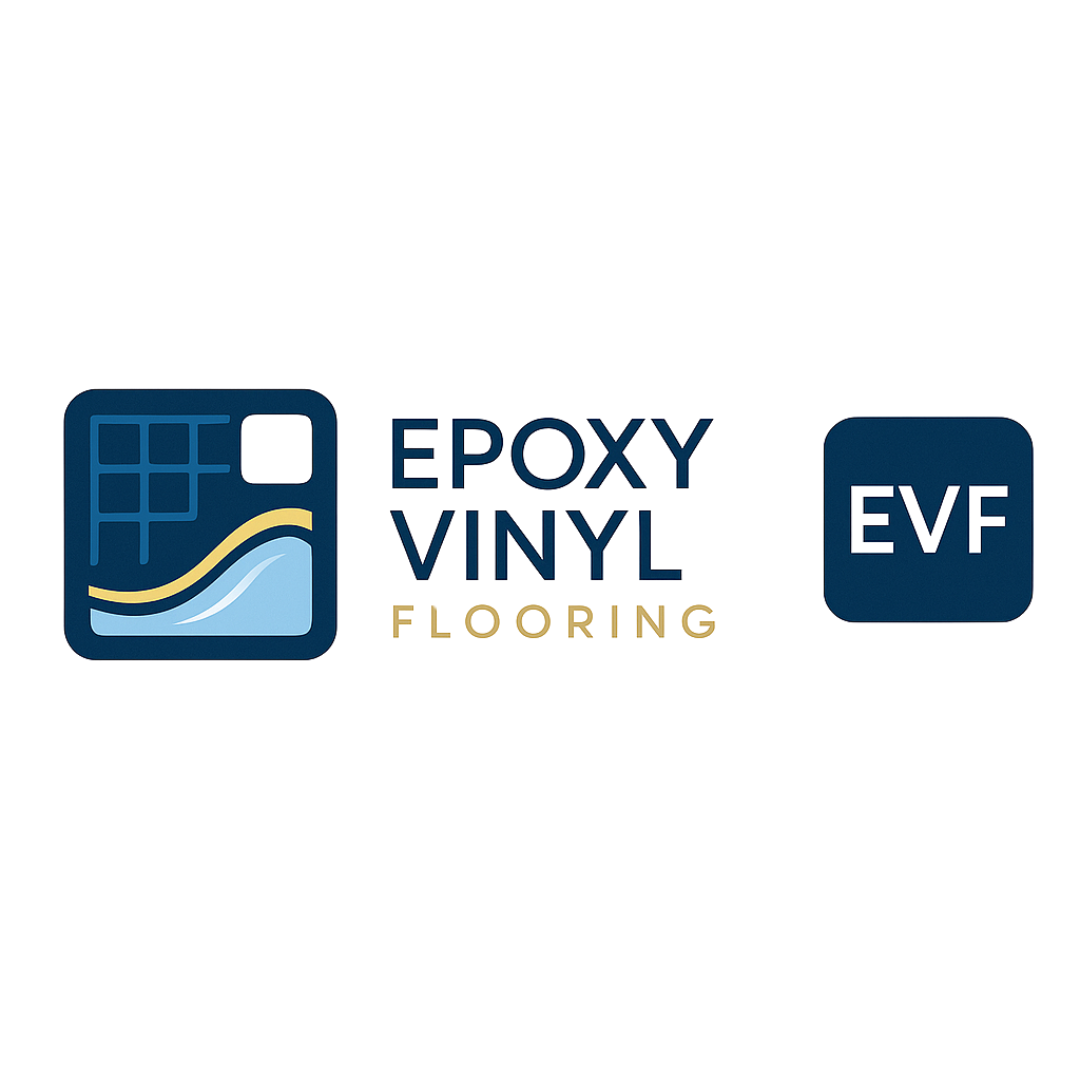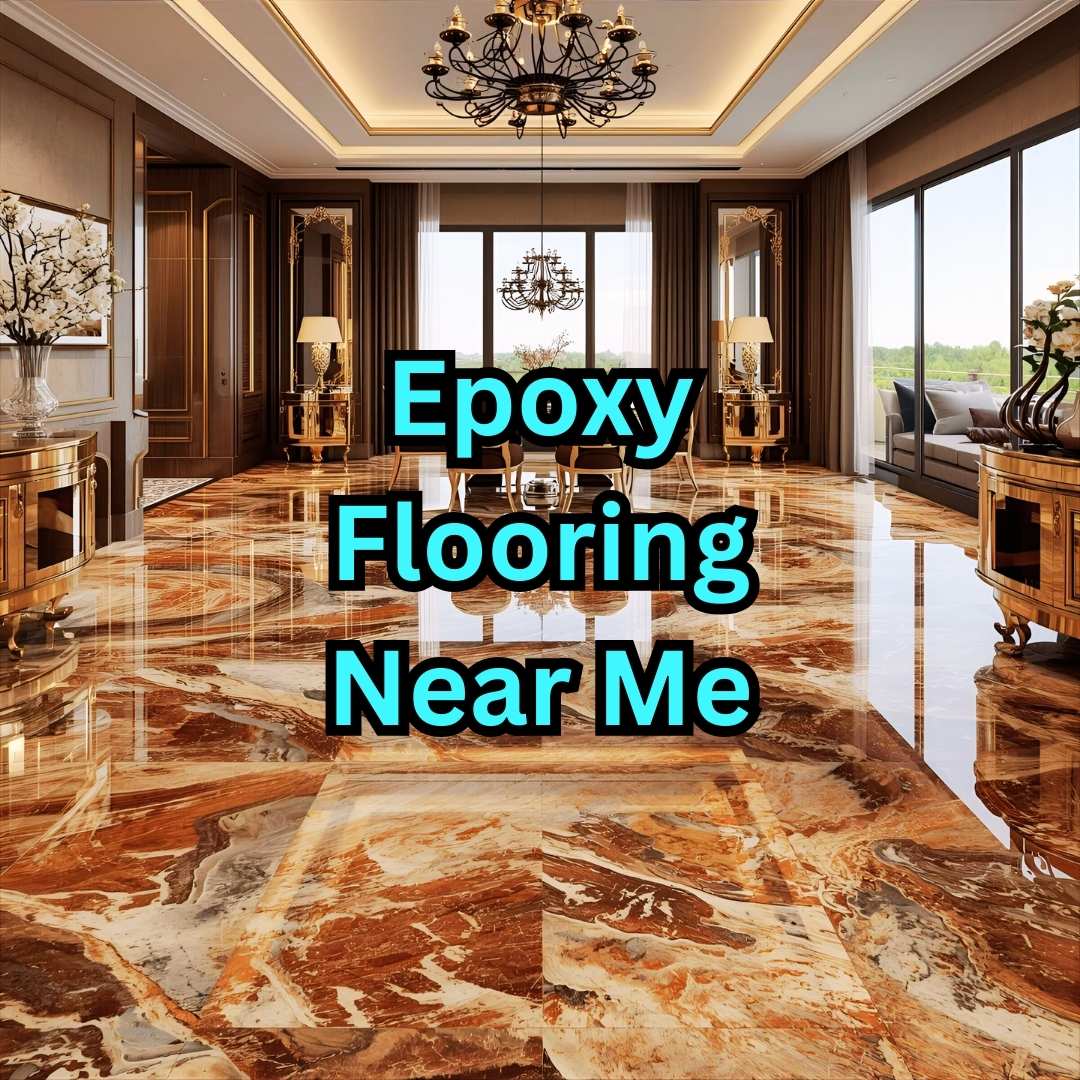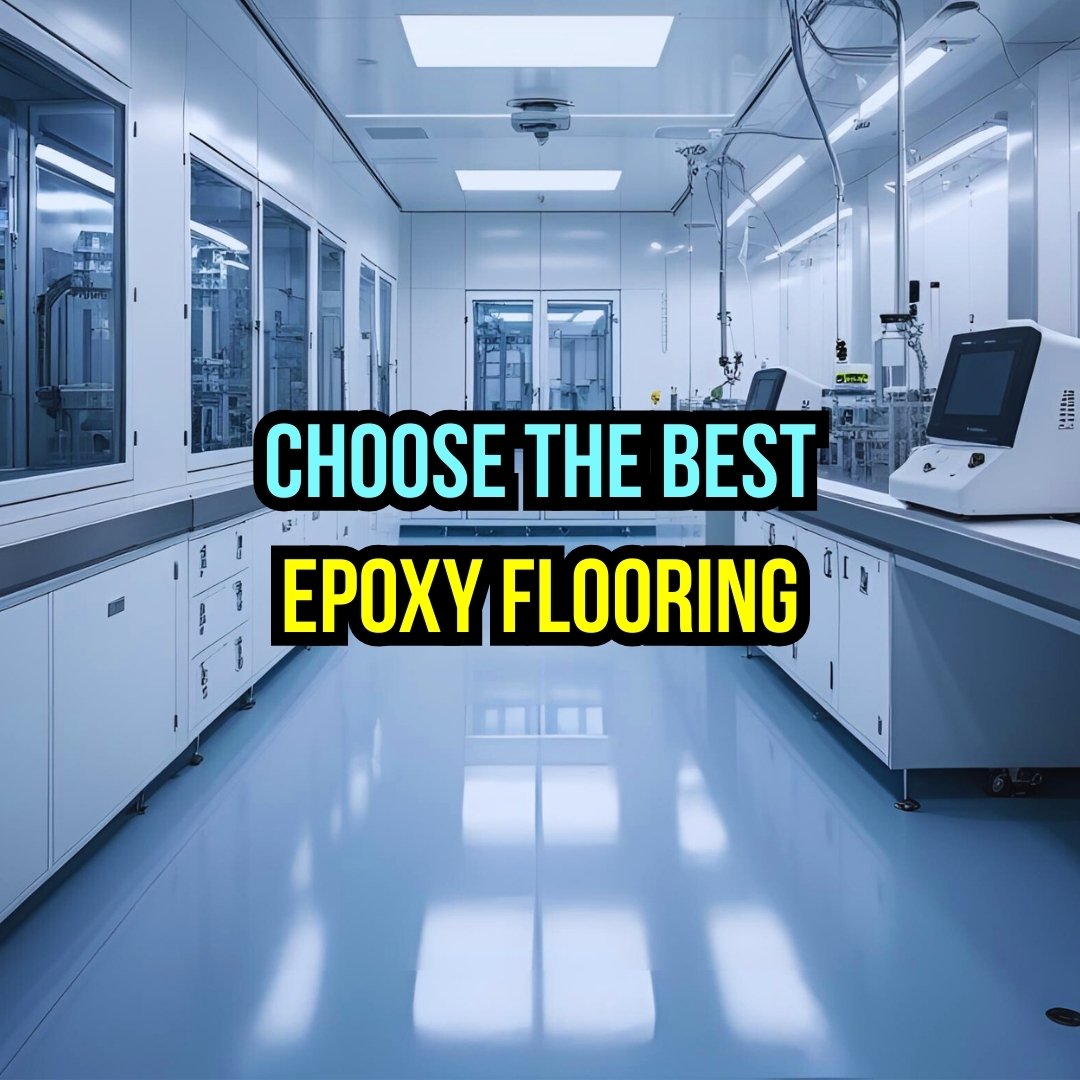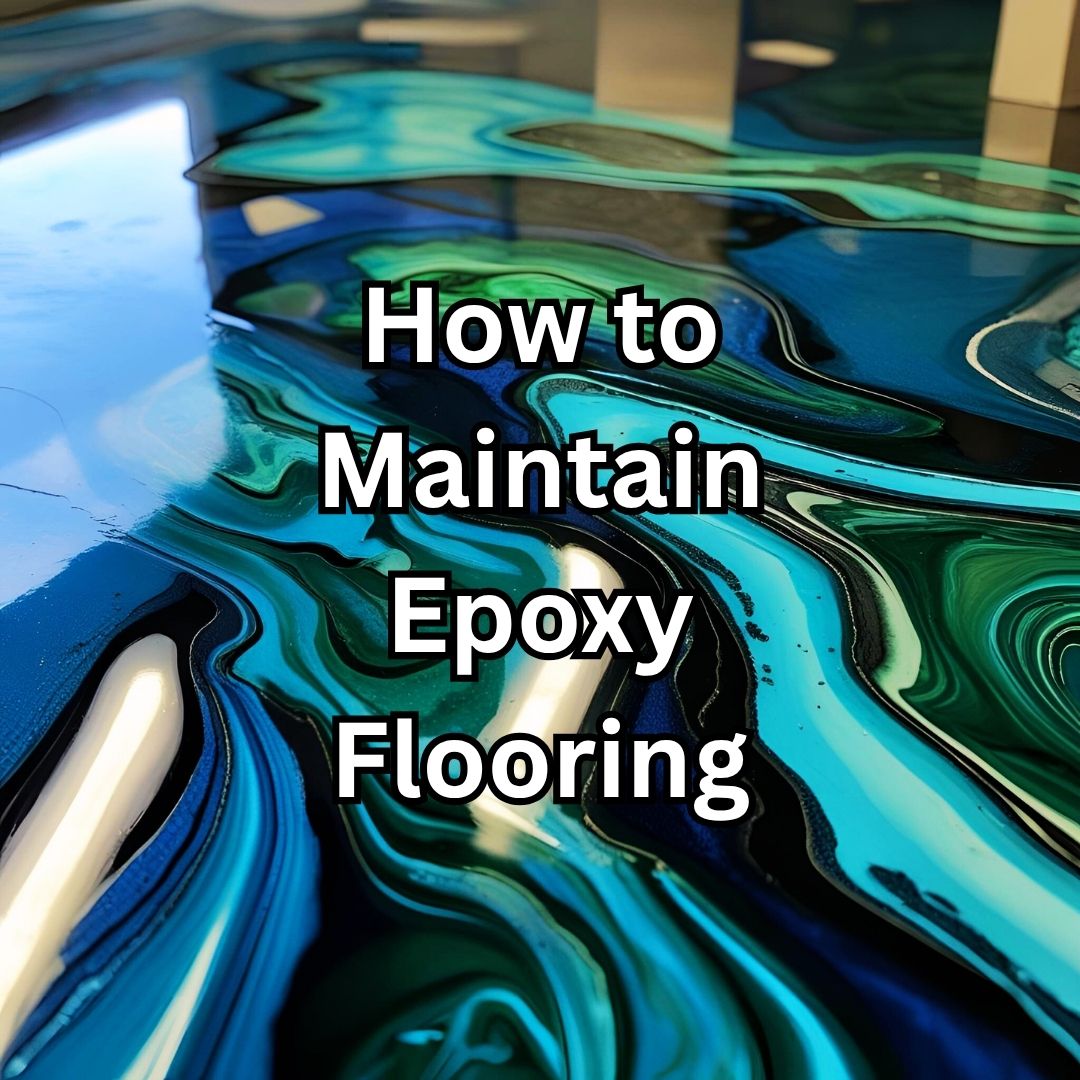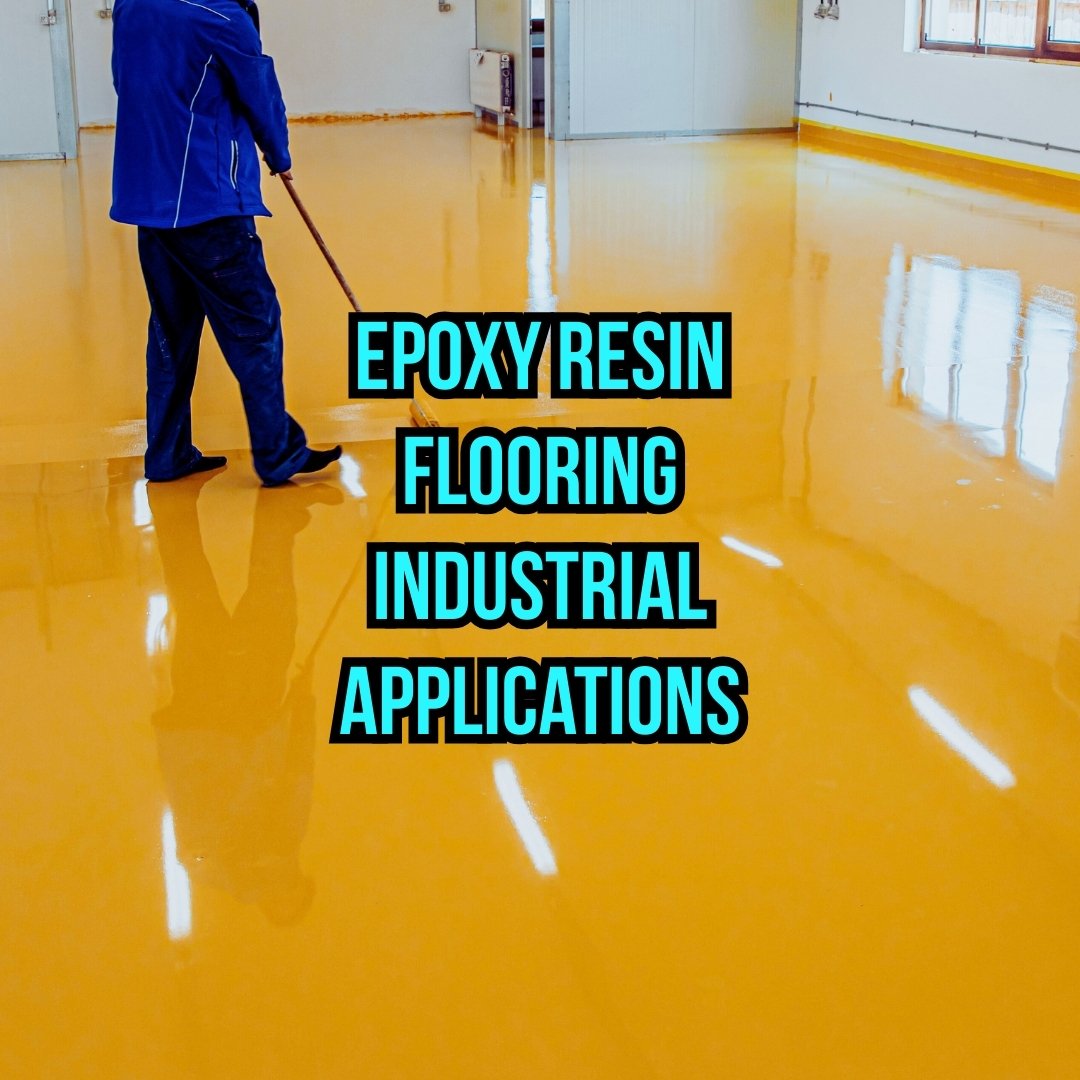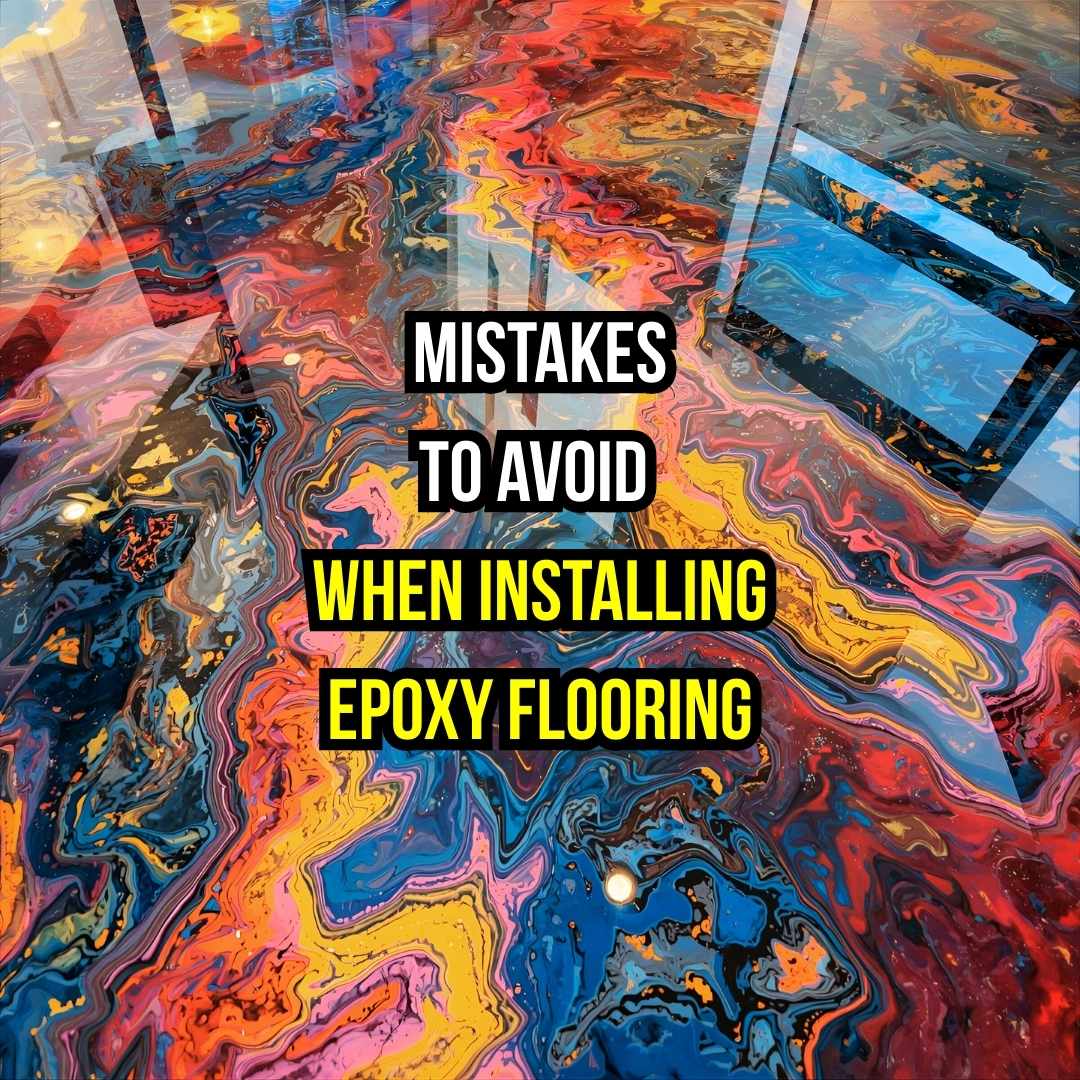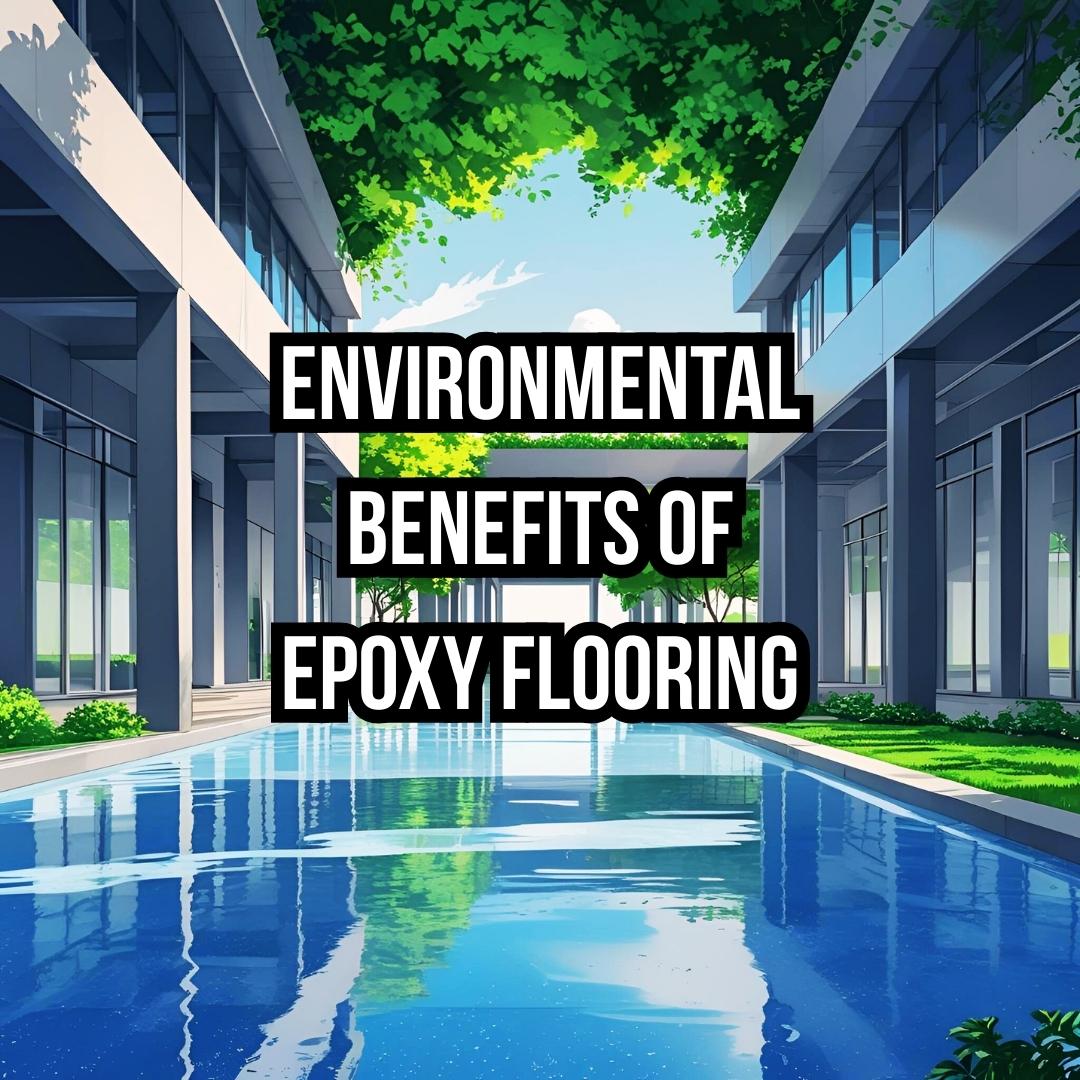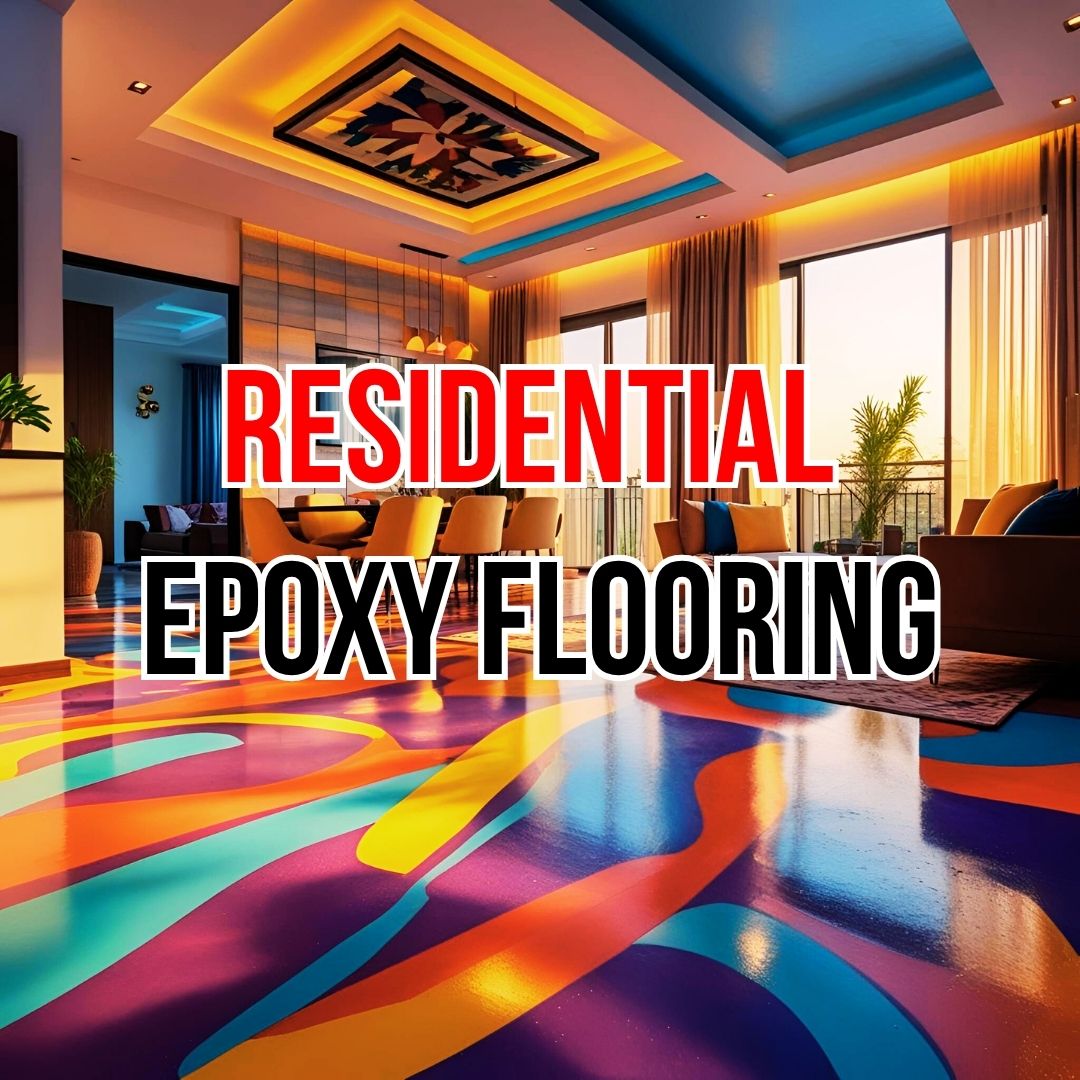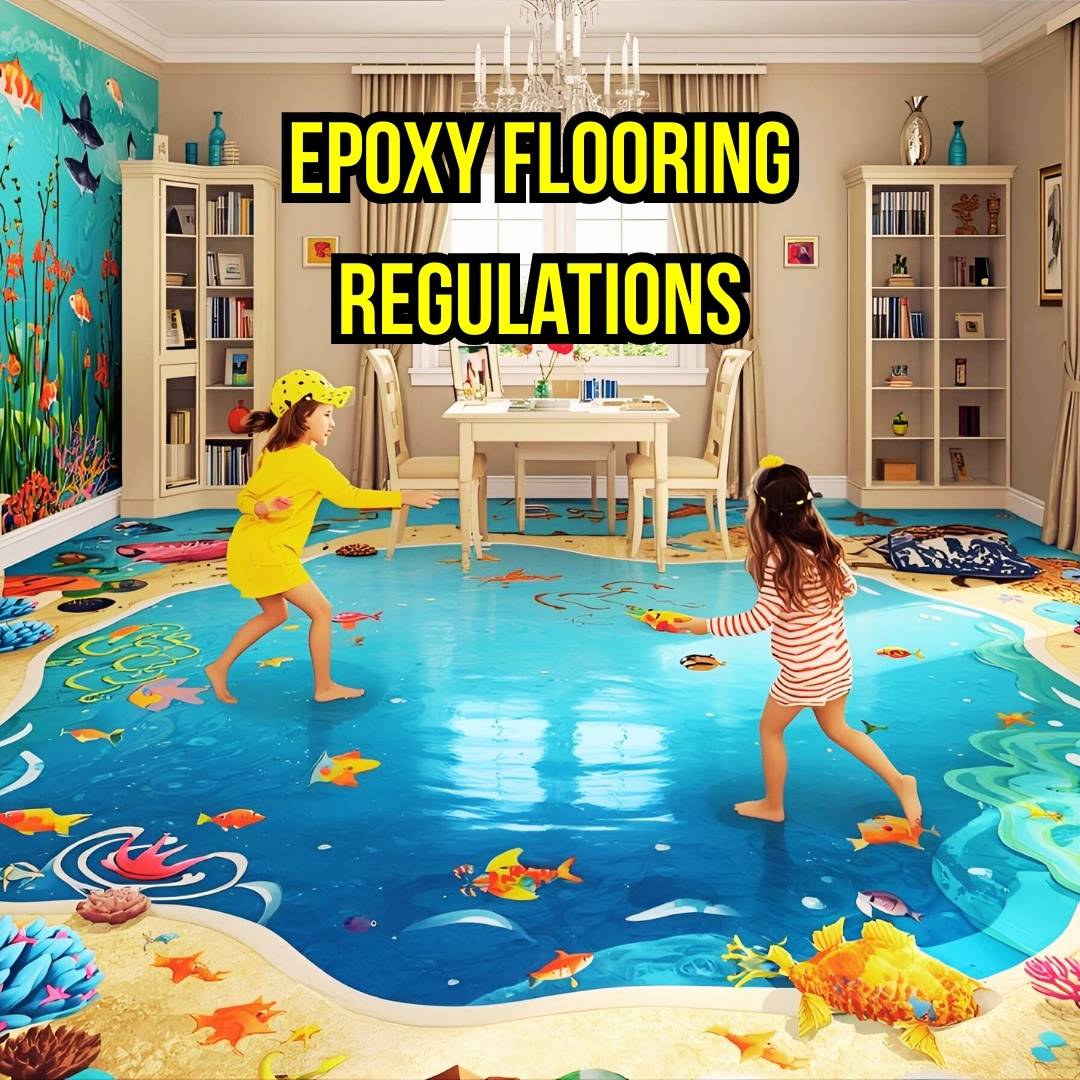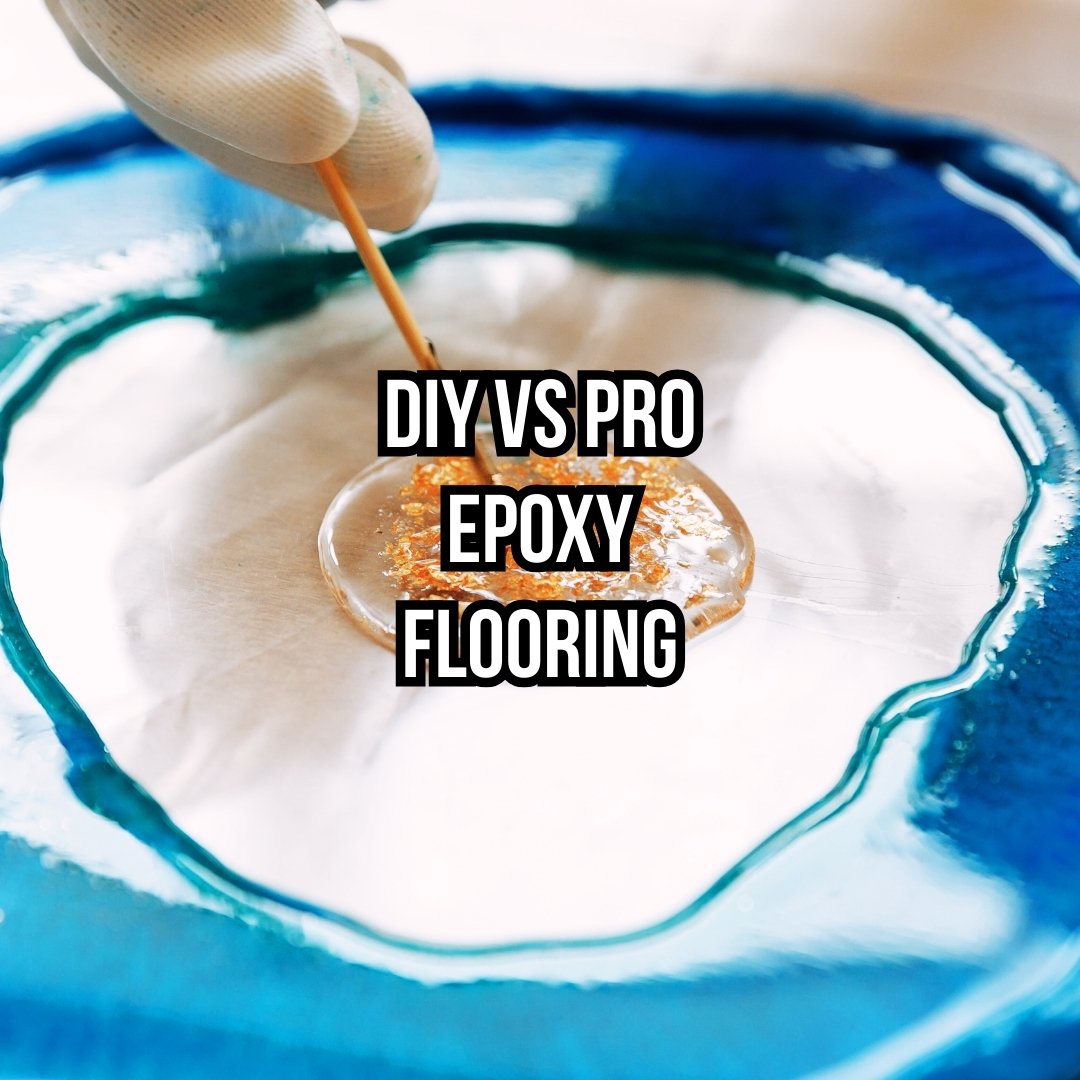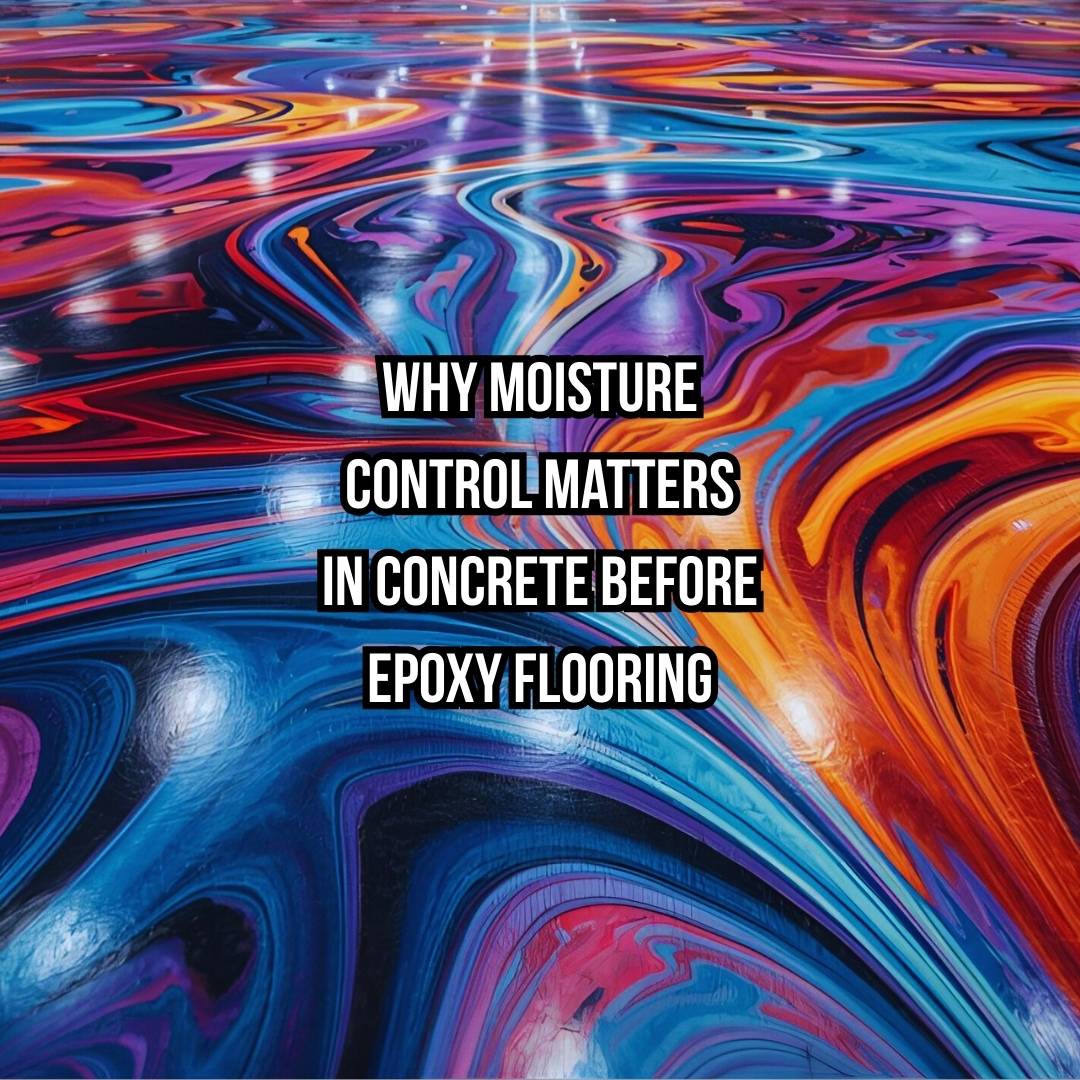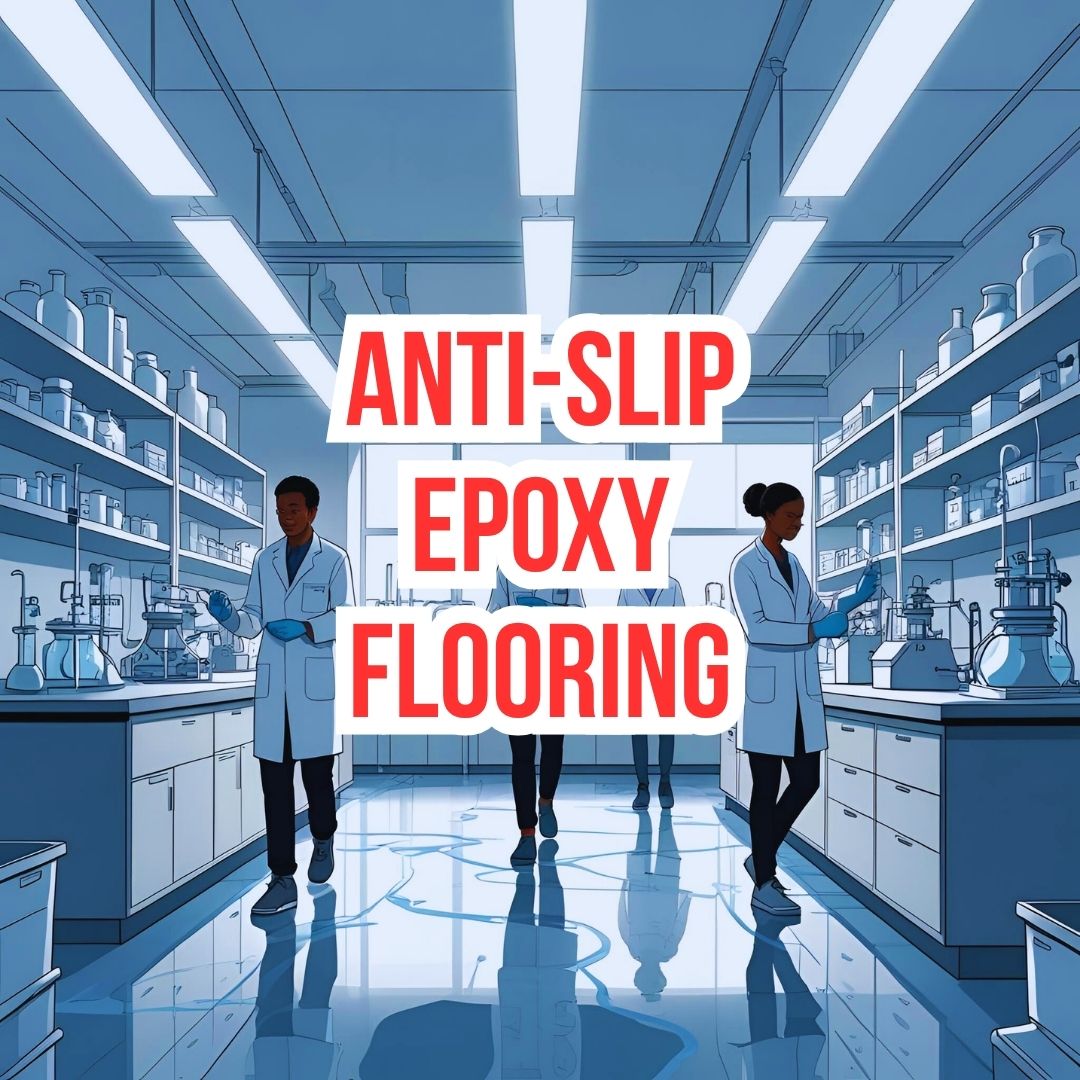
In Ahmedabad’s fast-growing healthcare landscape, modular operating theatres (OTs) are redefining surgical precision and patient safety. These advanced, sterile environments demand flooring solutions that meet stringent regulatory standards while ensuring durability and ease of maintenance. Enter epoxy flooring—a seamless, hygienic, and robust solution tailored for modular OTs. Backed by AUM Industries, we bring years of experience in delivering end-to-end flooring solutions for Ahmedabad’s hospitals, cleanrooms, and critical infrastructure projects.
This article dives deep into why epoxy flooring is the gold standard for modular OTs, how it ensures sterility, and why it’s the preferred choice for healthcare facilities in areas like Satellite, Maninagar, and Thaltej. Whether you’re a hospital consultant, a pharma QA/QC manager, or a contractor in Ahmedabad, you’ll find actionable insights to make informed flooring decisions.
Why Epoxy Flooring is Critical for Modular OTs
Modular OTs are engineered for sterility, precision, and efficiency. These prefabricated, controlled environments adhere to standards set by organizations like the National Accreditation Board for Hospitals & Healthcare Providers (NABH) and the World Health Organization-Good Manufacturing Practices (WHO-GMP). Flooring plays a pivotal role in maintaining these standards. Here’s why epoxy flooring stands out:
- Seamless Design: Unlike tiles, which have grout lines that trap dust and microbes, epoxy flooring creates a smooth, joint-free surface, minimizing contamination risks.
- Chemical Resistance: Epoxy withstands harsh disinfectants and cleaning agents used in OTs, ensuring long-term hygiene.
- Durability: With a lifespan of 10–20 years under proper maintenance, epoxy flooring is a cost-effective choice for high-traffic healthcare settings.
- Anti-Slip Properties: Specialized additives can enhance traction, reducing slip risks in critical areas like Sabarmati’s multi-specialty hospitals.
- Aesthetic Flexibility: Available in various colors and finishes, epoxy flooring aligns with the sleek, modern design of modular OTs.
For healthcare facilities in Ahmedabad’s Bopal or Navarangpura, where modular OTs are increasingly common, epoxy flooring ensures compliance with ISO 14644 cleanroom standards, making it ideal for sterile environments.
Understanding Epoxy Flooring: A Layman’s Guide
Epoxy flooring is a type of resin-based coating applied over concrete to create a durable, glossy surface. The process involves mixing a resin and a hardener, which chemically bond to form a tough, plastic-like layer. In modular OTs, self-leveling epoxy is often used. This technique ensures a perfectly flat surface, eliminating uneven patches that could harbor bacteria.
For non-technical readers, think of epoxy as a protective shield for your floor. It’s like coating your kitchen counter with a spill-proof, easy-to-clean layer that lasts for years. In areas like Paldi or Vastral, where hospitals cater to diverse patient needs, this flooring solution balances functionality with aesthetics.
Benefits of Epoxy Flooring for Ahmedabad’s Healthcare Sector
Ahmedabad’s healthcare industry, spanning from corporate hospitals in Thaltej to IVF labs in Memnagar, demands flooring that supports stringent hygiene protocols. Here’s how epoxy flooring delivers:
1. Unmatched Sterility for Modular OTs
Modular OTs require a sterile environment to prevent hospital-acquired infections (HAIs). Epoxy flooring eliminates crevices where pathogens can thrive, making it easier to maintain a germ-free OT. For instance, a hospital in Shahibaug recently upgraded its OT flooring to epoxy, reducing cleaning time by 30% while meeting NABH standards.
2. Compliance with Regulatory Standards
Healthcare facilities in Ahmedabad must adhere to NABH, WHO-GMP, and USFDA guidelines. Epoxy flooring is certified for cleanroom applications, ensuring compliance for modular OTs, IVF labs, and pathology labs in areas like Gota and Chandkheda.
3. Cost-Effective Longevity
The epoxy flooring cost in Ahmedabad typically ranges from ₹150–₹300 per sq. ft., depending on project specifications and location. While the upfront cost may seem higher than tiles, epoxy’s durability (lasting up to 20 years) makes it a budget-friendly choice. For example, a pharmaceutical cleanroom in Vatva GIDC reported significant savings on maintenance costs after switching to epoxy.
4. Resistance to Harsh Conditions
Ahmedabad’s humid climate, especially in areas like Narol or Aslali, can degrade traditional flooring. Epoxy’s resistance to moisture, chemicals, and temperature fluctuations ensures it remains intact in high-pressure OT environments.
5. Customization for Aesthetic Appeal
Hospitals in Gurukul or Ellis Bridge often prefer flooring that complements their modern interiors. Epoxy offers customizable colors and finishes, allowing healthcare facilities to maintain a professional yet welcoming atmosphere.
How Epoxy Flooring is Done: A Step-by-Step Process
Curious about how epoxy flooring is done? Here’s a simplified breakdown of the process, tailored for Ahmedabad’s healthcare projects:
- Surface Preparation: The existing concrete floor is cleaned, leveled, and primed to ensure adhesion. In older hospitals in Khadia or Kalupur, this step is crucial to remove dust and debris.
- Priming: A base coat of primer is applied to enhance bonding between the concrete and epoxy layers.
- Epoxy Application: A self-leveling epoxy mix is poured and spread evenly, creating a seamless surface. This step requires precision, especially in modular OTs in Nikol or Bodakdev.
- Curing: The epoxy cures for 24–48 hours, forming a hard, glossy finish. In Ahmedabad’s humid climate, proper ventilation is key to avoid curing issues.
- Topcoat Application: An optional polyurethane topcoat adds extra protection and UV resistance, ideal for high-traffic OTs in Vejalpur.
This meticulous process, executed by experts like those at AUM Industries, ensures a flawless finish that meets healthcare standards.
Epoxy Flooring vs. Tiles: Why Epoxy Wins for Modular OTs
When comparing epoxy flooring vs. tiles, epoxy emerges as the superior choice for modular OTs. Here’s why:
- Hygiene: Tiles have grout lines that trap dirt and bacteria, requiring frequent re-grouting. Epoxy’s seamless surface eliminates this issue, making it ideal for sterile environments in Ranip’s hospitals.
- Maintenance: Tiles can crack or chip under heavy equipment, while epoxy withstands impact and is easier to clean. Learn more about maintaining epoxy floors here.
- Cost Efficiency: While tiles may have a lower initial cost, their maintenance and replacement expenses add up. Epoxy’s ₹150–₹300 per sq. ft. price range offers better long-term value.
- Installation Time: Epoxy installation is faster, especially for large OTs in Sabarmati or Naranpura, minimizing downtime.
Applications Beyond Modular OTs
While modular OTs are the focus, epoxy flooring serves a wide range of industries in Ahmedabad:
- Pharmaceutical Cleanrooms: Facilities in Changodar or Kathwada rely on epoxy for dust-free, sterile environments.
- IVF and Pathology Labs: Labs in Jodhpur and Bapunagar use epoxy to maintain precision and hygiene.
- Food & Beverage Units: Epoxy’s chemical resistance suits food processing plants in Naroda GIDC.
- Residential Homes: Homeowners in Vastral or Satellite choose epoxy for its durability and modern look. Explore vinyl flooring options for homes here.
Ahmedabad’s Unique Challenges: Humidity and Epoxy Flooring
Ahmedabad’s humid climate, especially in areas like Asarwa or Hatkeshwar, poses challenges for flooring. High moisture levels can cause traditional floors to warp or develop mold. Epoxy flooring, however, is moisture-resistant and prevents microbial growth, making it ideal for modular OTs. To ensure longevity, proper surface preparation and curing are critical, as humidity can affect adhesion if not managed correctly.
For example, a hospital in Dariapur faced issues with tile flooring due to moisture seepage. After switching to epoxy, the facility reported improved hygiene and reduced maintenance costs, even during Ahmedabad’s monsoon season.
Why Choose AUM Industries for Epoxy Flooring in Ahmedabad?
Backed by AUM Industries, Epoxy Vinyl Flooring brings technical expertise and end-to-end flooring execution services tailored for Ahmedabad’s industries and homes. Our team has successfully delivered projects in areas like Sola, Rakhial, and Manek Chowk, earning trust from hospital consultants, architects, and facility managers.
We adhere to BIS and ISO standards, ensuring every project meets global quality benchmarks. Visit our website to explore our portfolio or contact us at amit@aumindustriesmfg.com for a consultation.
FAQs About Epoxy Flooring for Modular OTs
1. What is epoxy flooring, and why is it used in modular OTs?
Epoxy flooring is a resin-based coating that creates a seamless, durable, and hygienic surface. In modular OTs, it ensures sterility by eliminating joints where bacteria can grow, making it ideal for hospitals in Ahmedabad’s Thaltej or Paldi areas.
2. How long does epoxy flooring last in healthcare settings?
With proper maintenance, epoxy flooring lasts 10–20 years in high-traffic OTs. Regular cleaning, as outlined here, extends its lifespan.
3. How does Ahmedabad’s humidity affect epoxy flooring?
Ahmedabad’s humid climate, especially in areas like Narol or Vastral, can affect curing if not managed properly. Professional installation by AUM Industries ensures moisture-resistant, long-lasting epoxy floors.
4. What is the epoxy flooring cost in Ahmedabad?
The epoxy flooring price per sq ft in Ahmedabad ranges from ₹150–₹300, depending on project size, quality, and location-specific requirements in areas like Satellite or Chandkheda.
5. Is epoxy flooring better than vinyl for modular OTs?
Epoxy is preferred for OTs due to its seamless, chemical-resistant properties. Vinyl, while durable and waterproof, is better suited for residential or low-traffic areas. Learn more about vinyl flooring here.
6. Can epoxy flooring be customized for aesthetics?
Yes, epoxy flooring offers various colors and finishes, allowing hospitals in Gurukul or Bodakdev to create a professional yet visually appealing OT environment.
7. How does epoxy flooring ensure compliance with NABH standards?
Epoxy’s seamless, easy-to-clean surface meets NABH’s stringent hygiene requirements, making it a trusted choice for modular OTs in Shahibaug and beyond.
8. Is epoxy flooring suitable for other industries in Ahmedabad?
Absolutely. Epoxy is widely used in pharmaceutical cleanrooms, food processing units, and warehouses in areas like Vatva GIDC and Naroda GIDC. Explore our services here.
Call to Action: Transform Your Modular OT with Epoxy Flooring
Ready to elevate your healthcare facility with sterile, durable, and compliant epoxy flooring? Whether you’re in Satellite, Maninagar, or Thaltej, Epoxy Vinyl Flooring, powered by AUM Industries, is your trusted partner in Ahmedabad. Contact us today for a free consultation:
- Email: amit@aumindustriesmfg.com
- Phone/WhatsApp: +91-9274313580
- Address: World Trade Tower, A-617, Sarkhej-Gandhinagar Highway, Makarba, Ahmedabad, Gujarat 380051, India
Visit our website to learn more and schedule a site visit. Let’s create a safer, cleaner, and more efficient modular OT for your healthcare facility!

